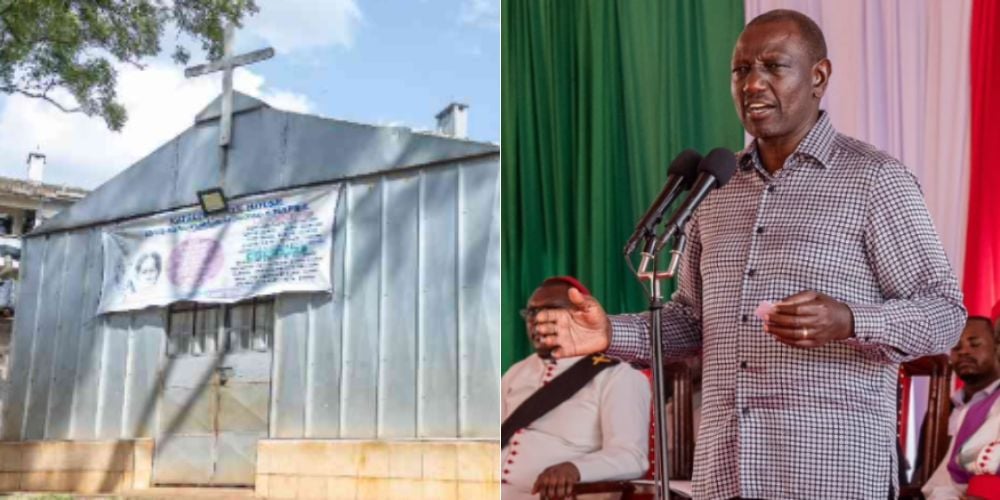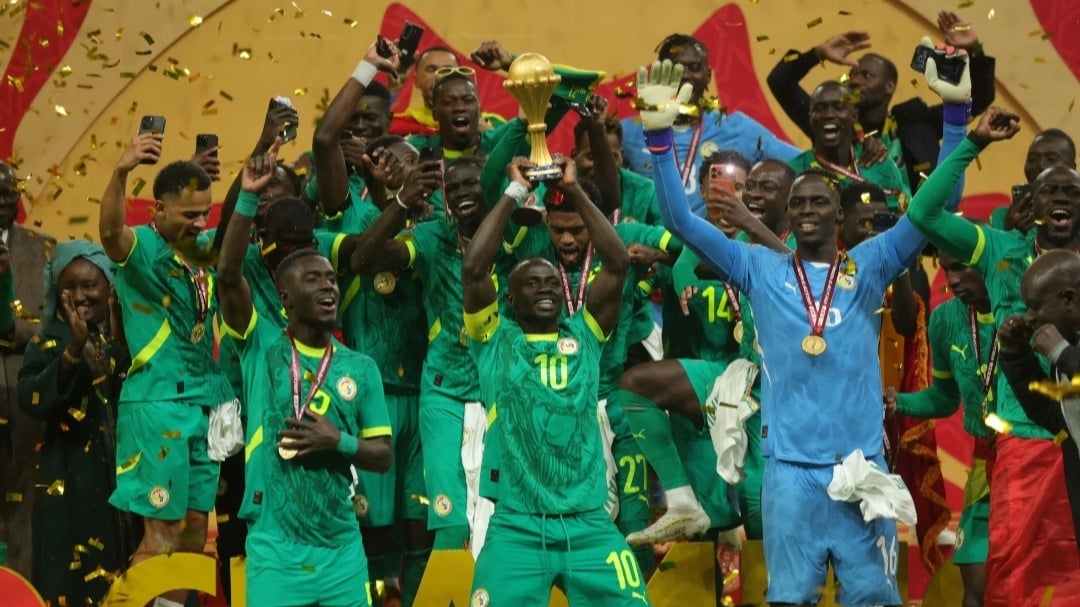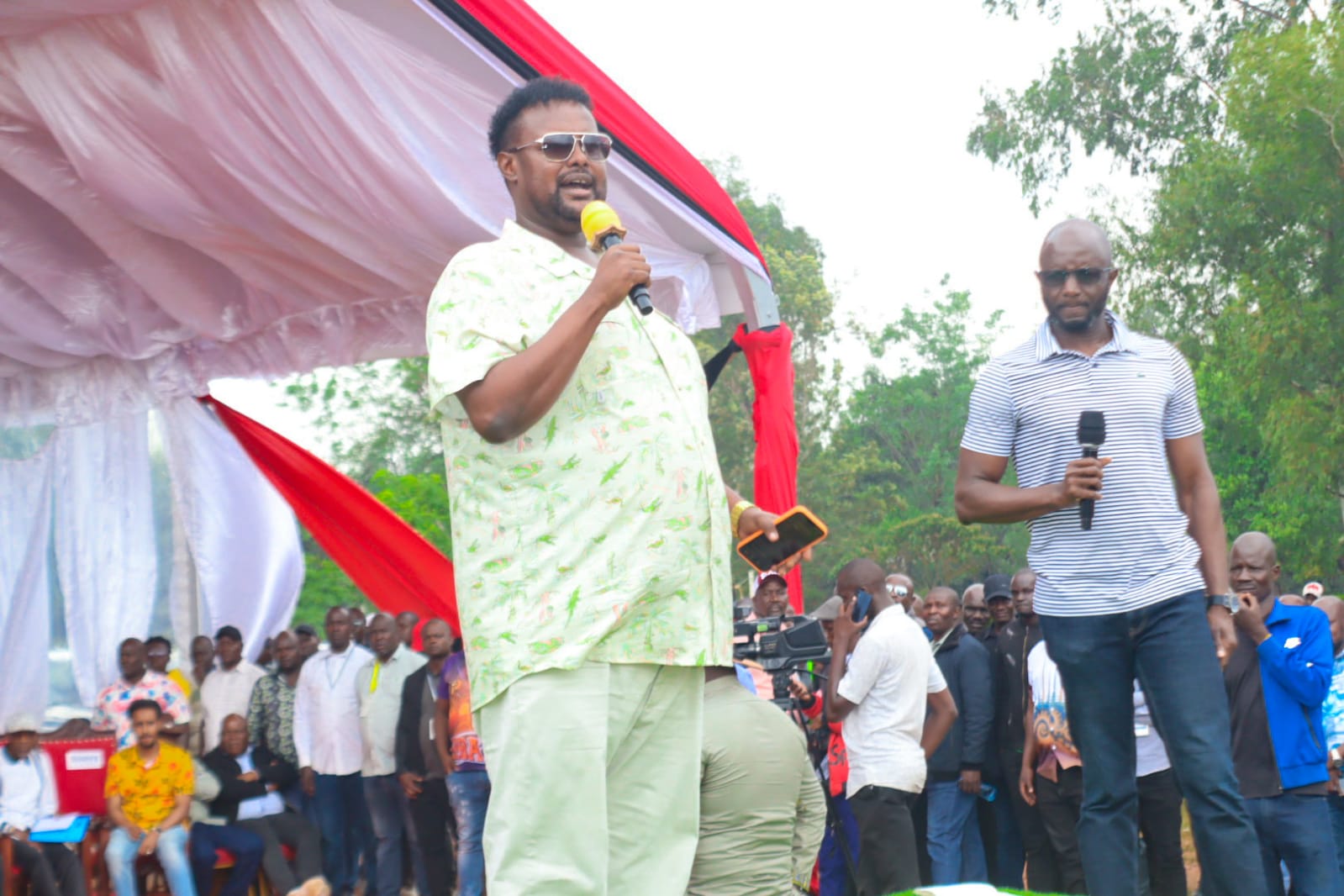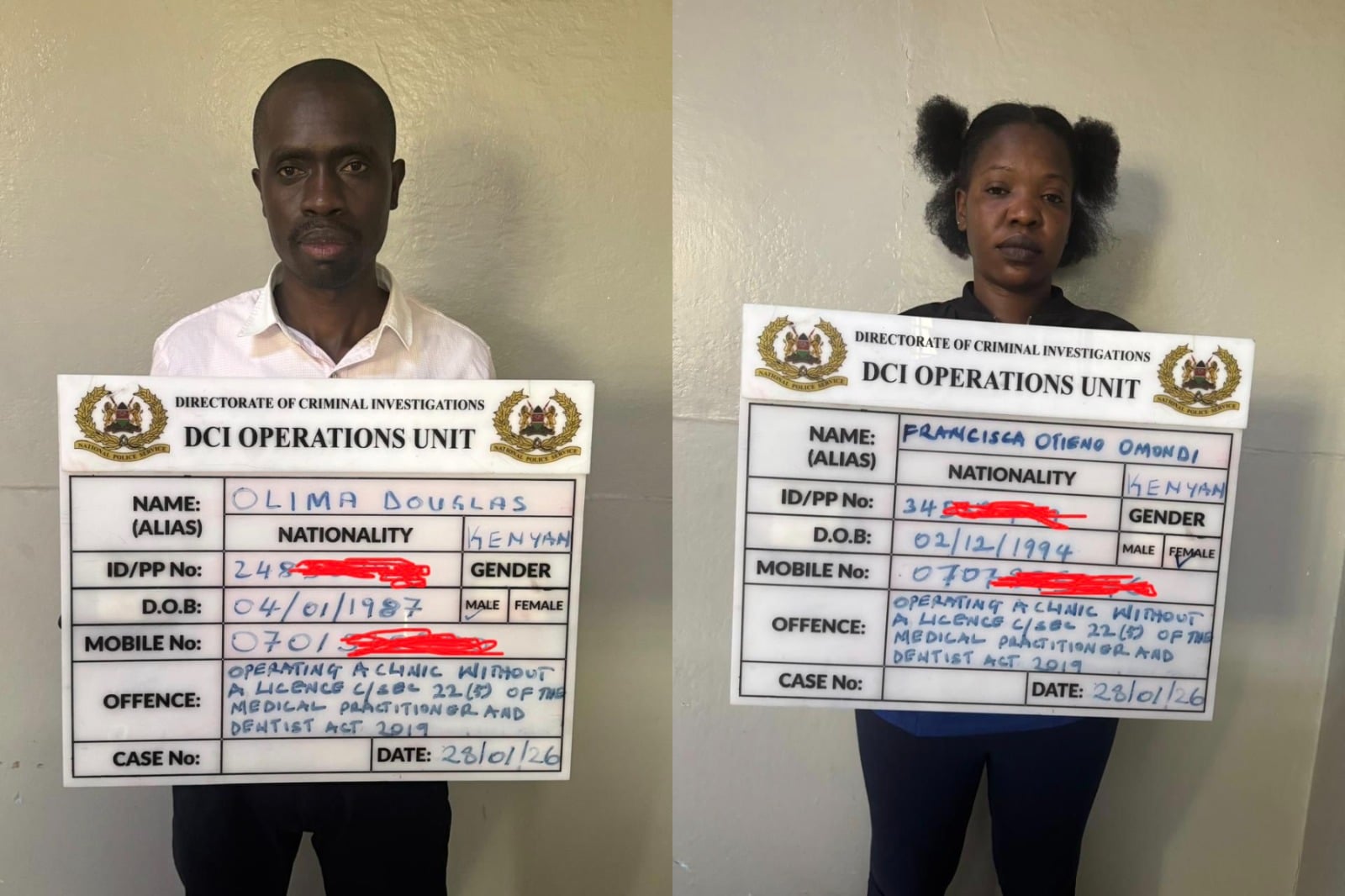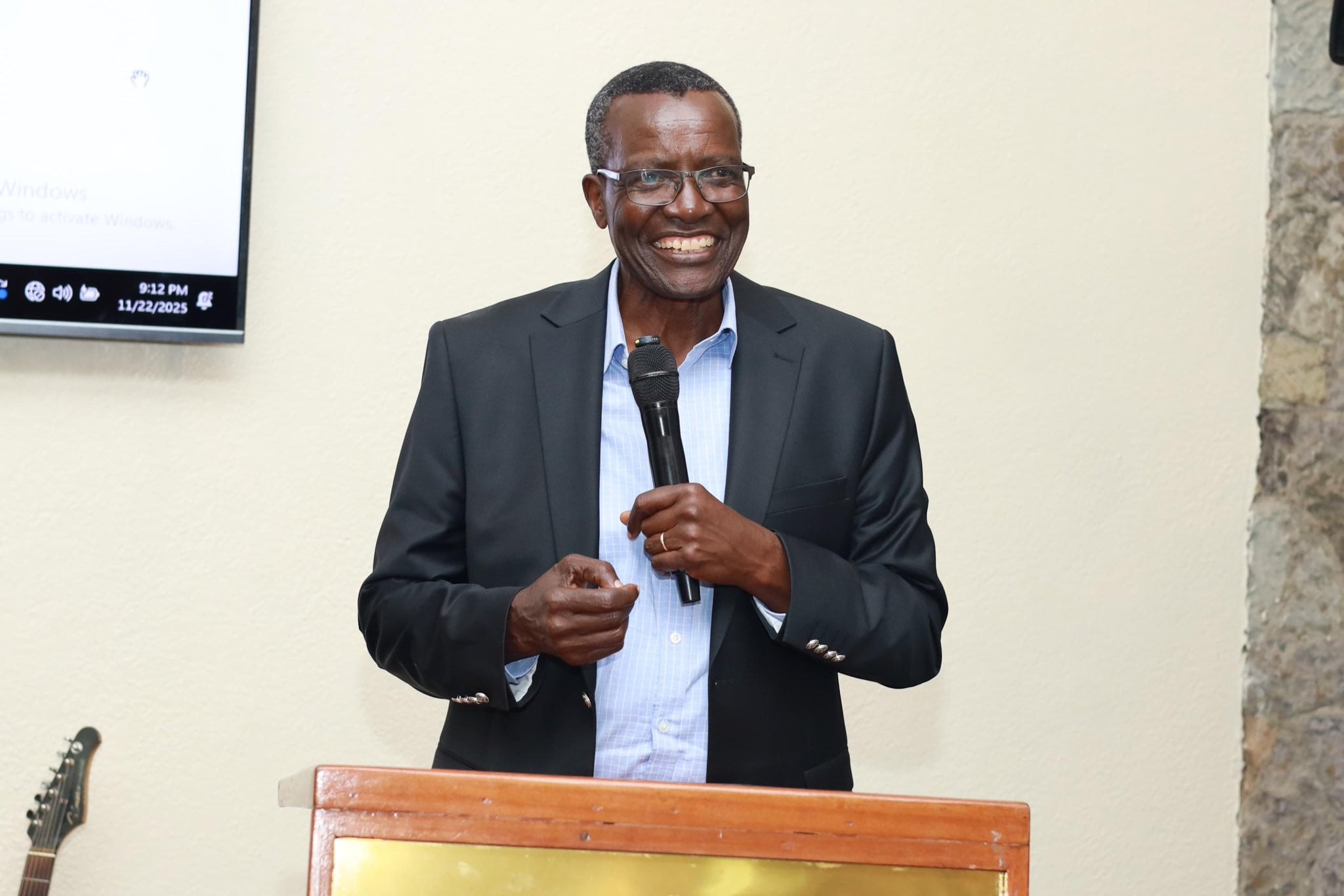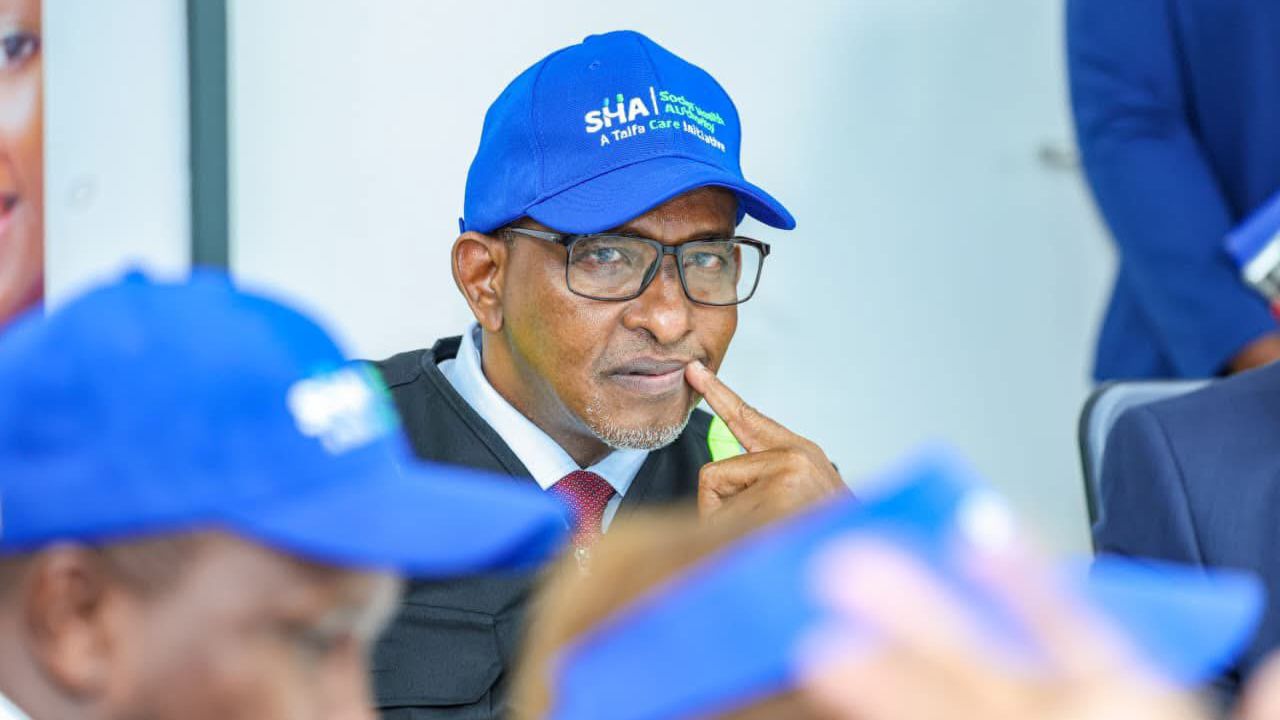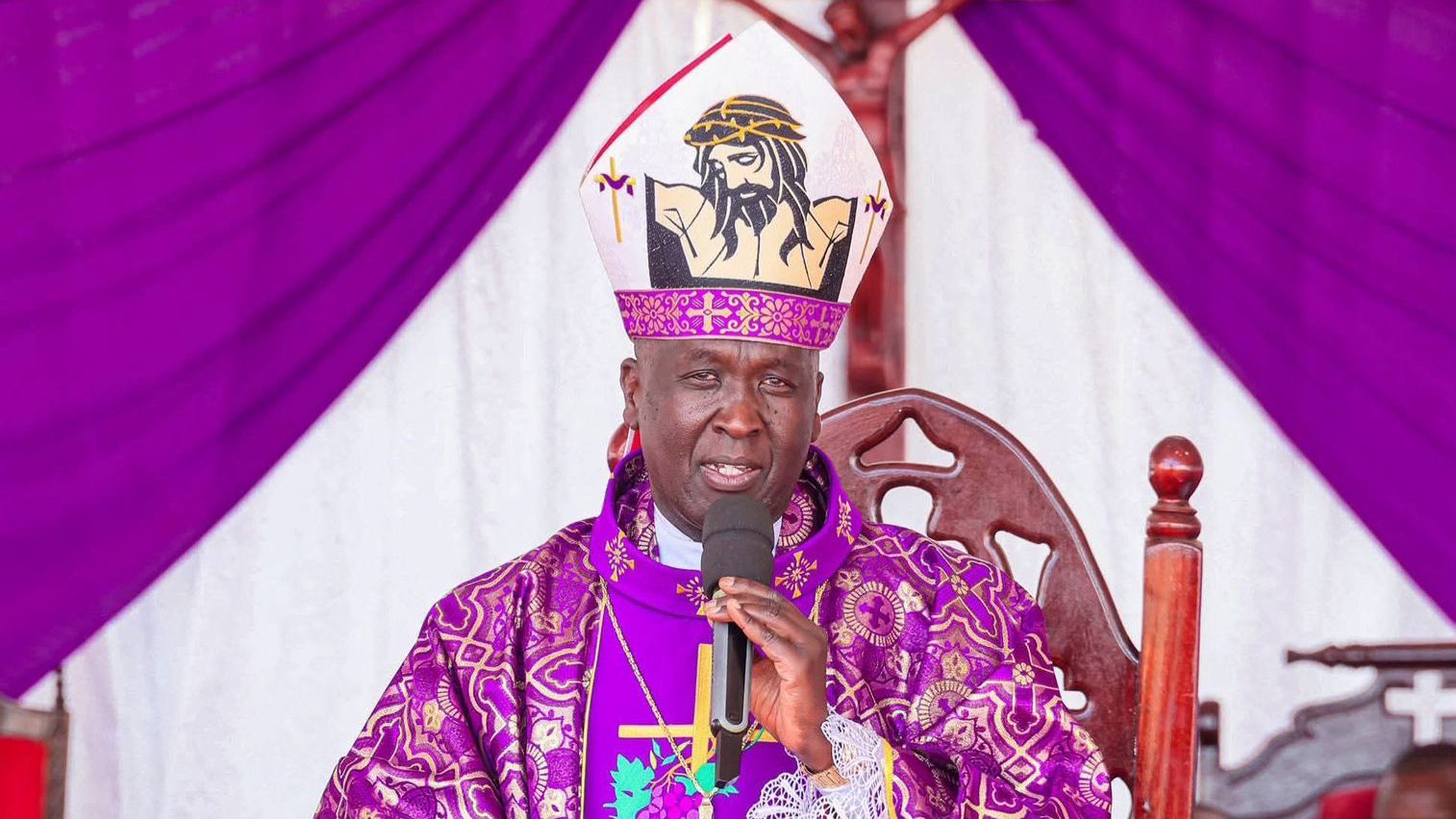Milimani Law Courts has barred President William Ruto from proceeding with the construction of a church at State House following a legal challenge by civil society organizations.
According to a court document released on Thursday, August 28, Justice Mwita issued interim orders directing that all parties be served immediately and that responses to the application and petition be filed within seven days of service.
"THAT A Conservatory order is HEREBY ISSUED restraining the government of Kenya, its officers and or anyone acting on its behalf from constructing a permanent church or building associated with any religious faith within the Grounds of State House, Nairobi or any other State House or State Lodge,” the court document reads.
The court has scheduled directions for the matter for November 18, 2025, emphasizing the urgency of the case.
Read More
This comes after four organizations petitioned to halt the controversial Ksh1.2 billion project. Transparency International Kenya, Kenya Human Rights Commission, Inuka Kenya ni Sisi, and the Institute of Social Accountability have challenged the construction, arguing it violates constitutional provisions on religious neutrality.
The petitioners contend that the project breaches Article 8 of the Constitution, which prohibits the state from adopting any religion.
They argued that constructing a church at the State House privileges Christianity over other faiths and undermines the principle of religious equality.
The civil society groups, through their lawyer Lempaa Suyuanka, asserted that the construction violates participatory governance principles enshrined in Article 10(2) of the Constitution.
Despite involving public land and resources, they claimed the project proceeded without public consultation or parliamentary oversight.
"The reported construction of a religious facility within the State House, a public property held in trust by the President, was carried out without any form of public participation or consultation. This omission violates the constitutional principle of participatory governance," Suyuanka argued in court documents.
The organizations have accused President Ruto of abusing his office and misusing public resources for religious purposes.
The petitioners warned that allowing the church construction to proceed would entrench religious favoritism and marginalize other faiths or non-believers.
"By privileging Christianity through such state-linked infrastructure, the government risks entrenching religious favoritism, marginalizing other faiths or non-believers, and undermining the constitutional principle of religious neutrality," the petition stated.
